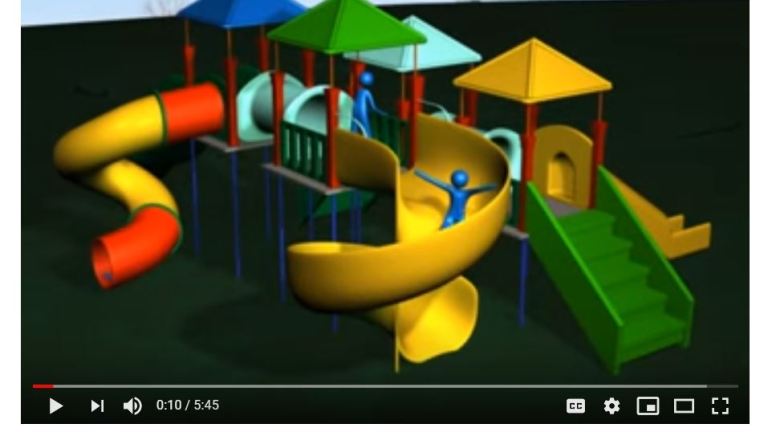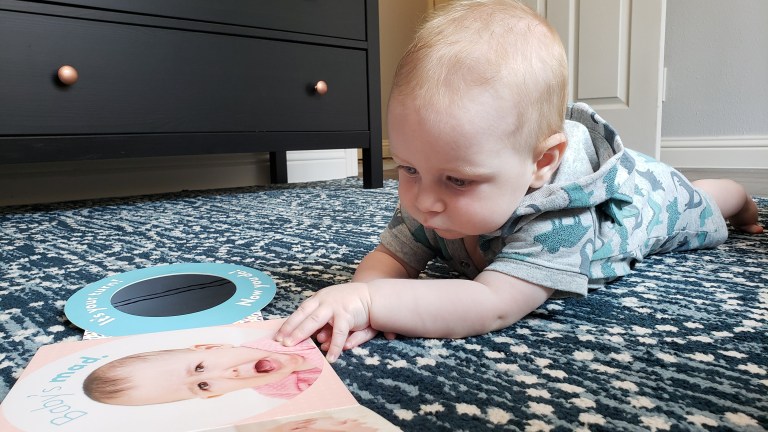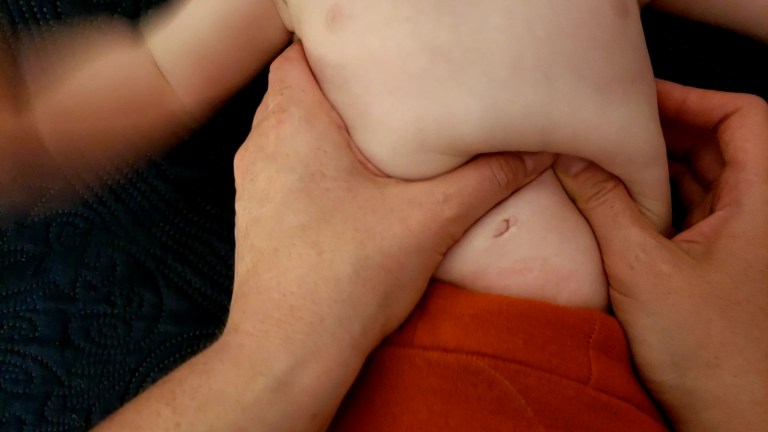The difficult part of explaining why I think I can help someone with bowel and bladder dysfunction, is that there is an enormous number of factors throughout the body that are involved. Abdominal pain, abnormal muscular development, limited strength, gastroesophageal reflux, or indigestion are all possible secondary symptoms. But they also may be contributing factors of constipation. It's tricky. There's a lot. I could speak with you for hours about what I do and why I do it, and what contributes to bowel and bladder symptoms, but I wouldn't be able to cover everything.
But I sure do try.
One place that I like to start when first working with a family is by showing a free video available online, that generally explains constipation and how it develops. "The Poo in You" was created by Becky Kendall, NP, from the Children's Hospital Colorado, and describes some wonderful and important information. I love this video and show it often! (Bonus: este video es en Español Tambien!)
But there are a few things I would change about the video.
(Throughout the video): "Accidents."
When someone asks a child if they've had an accident, the implication is that they had the ability to do right, but because of their negligence, they were unable to do it correctly. Dawn Sandalcidi is a wonderful physical therapist who has acted as my primary mentor in my line of work. Dawn is a wonderful person, therapist, and has helped grow the world of pediatric pelvic floor physical therapy tremendously. She introduced me to the idea that the word "accident," is a less-than-ideal phrase to use with our kiddos, and now it is very much ingrained into my practice.
Allowing a child to believe that they are to blame for their incontinence only adds to shame, and with shame, you may see lying, hiding dirty underwear, or worsening of the challenges they currently face. Their body has physically changed, and their body is the one forcing the fecal leakage, not them. This is why I like to focus on the idea that "both you AND your body need to learn to be a better pooper." I say that line a lot.
- The child has a responsibility to provide their body with an opportunity to use the restroom by getting to a toilet, and also using appropriate mechanics to push poop out.
- But their body also has responsibilities. Their body needs to know how to complete the process of peristalsis (when the large intestine contracts and relaxes to progress stool forward in the GI tract – which often decreases as constipation worsens).
The word "accident" implies that the child is solely responsible for the incontinence they are having. However, in reality, the structure and function of the body literally changes after constipation is present. The rectum's job changes from being an organ of evacuation, to an organ that thinks its primary job is to store. To place 100% of the blame for incontinence on the child is both wrong, and detrimental to their motivation to improve their situation.
- Ultimately: replace the word "accident" with the word "leak," and encourage your kiddo that they have things they need to learn, but so does their body. (This is especially helpful when trying to motivate them to sit on the toilet for longer (or at all) when they don't feel like they need to go.
(In the video: 1:43) "Or hold it to go later." I want to clarify. Holding in urine and stool in a normal function of the body. But there is a limit. If you are in the middle of the check-out lane at the grocery store, and you need a few minutes before you are able to make it to the restroom, this is an appropriate function of the body. But that "hold" grace period should end in the next 15 minutes or so. Holding urine and stool in much past that starts teaching the body that you want to ignore those urges. If this happens enough, you will start disconnecting with your body, you will feel urges less, and your rectum and bladder start to increase in capacity. Bladder and bowel problems at this point can sometimes go in different directions, but just know that if you allow your rectum and bladder to continue to fill, ignore urges, then proceed to max capacity, the road to further dysfunction is a quick one.
- Ultimately: Listen to your body and heed its urge to use the restroom. Avoid the "just in case" pee's, as those will tell your body that its capacity is extraordinarily small and will not be able to store to a normal amount. And give your body the 15-minute grace period after you feel an urge but try not to let that time last much longer than that.
Are "accidents" in your daily vocabulary? Even if you don't think it will make a difference, try changing your wording, and how your kiddo reacts. I'd love to hear how their motivation and attitude toward toileting changes if you make that initial wording change.
Part 2 to "The Poo in Review" coming next!
Related Posts










